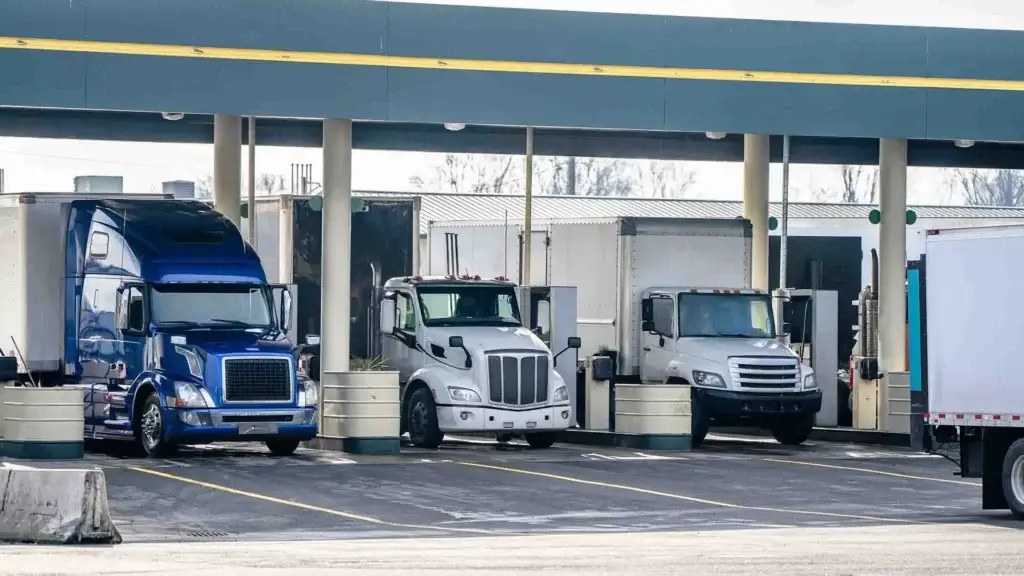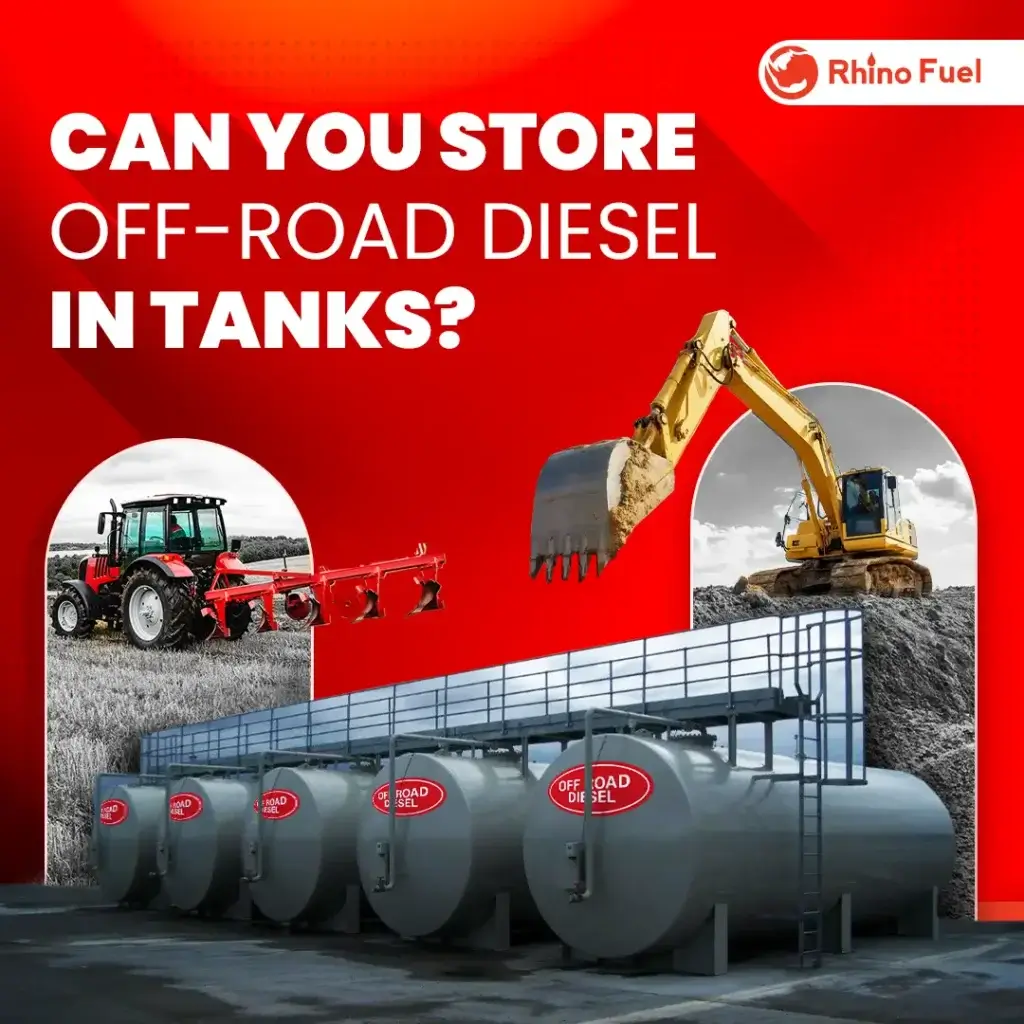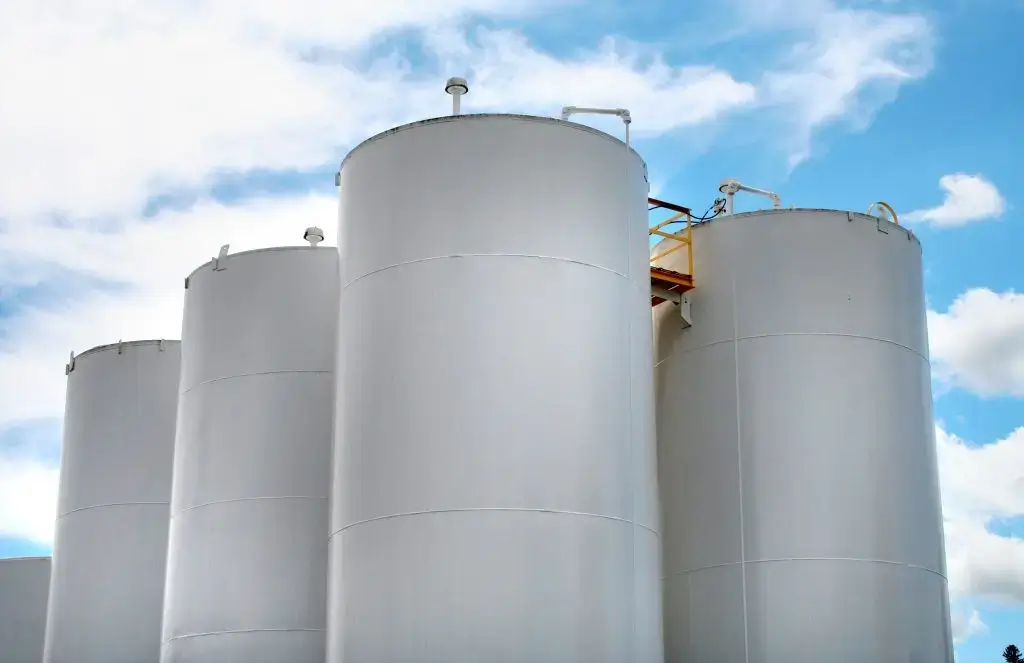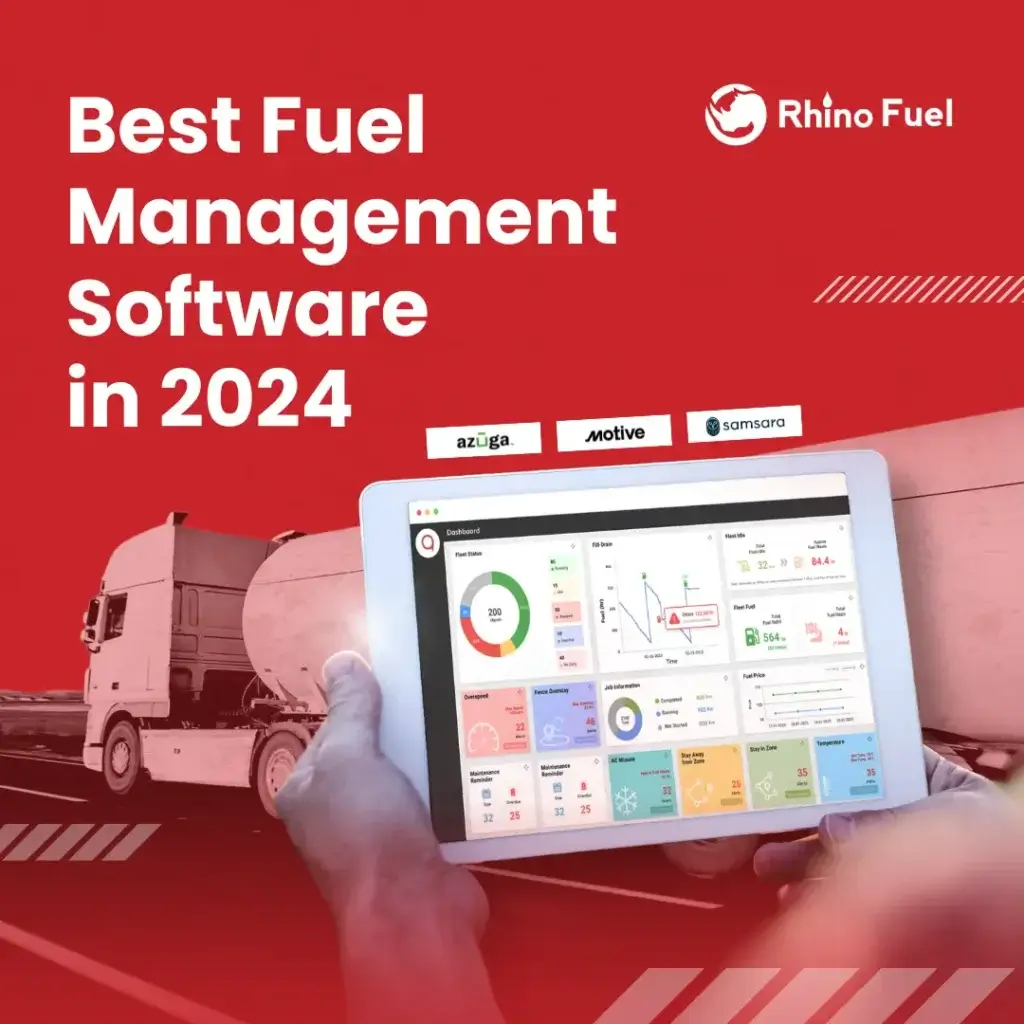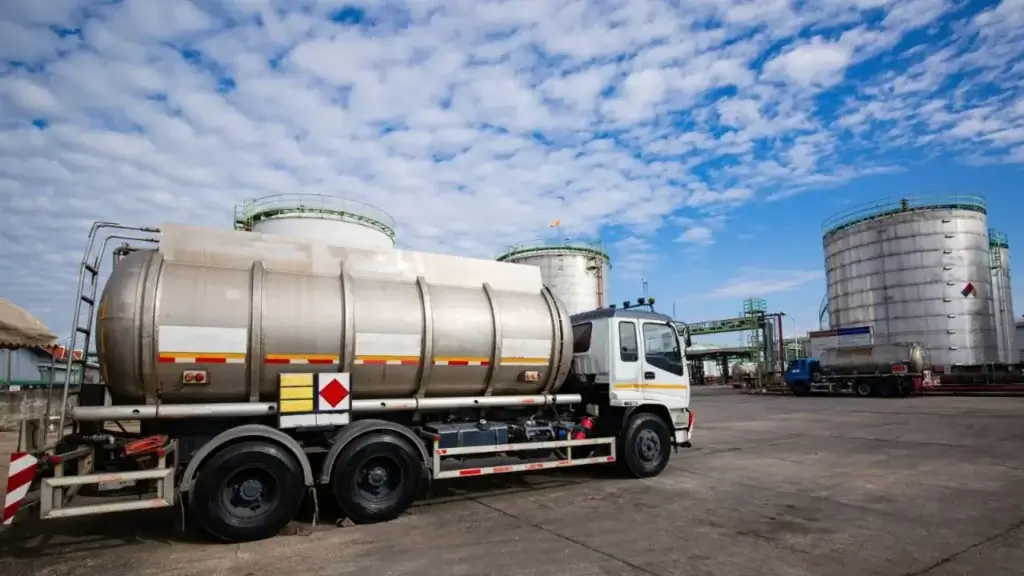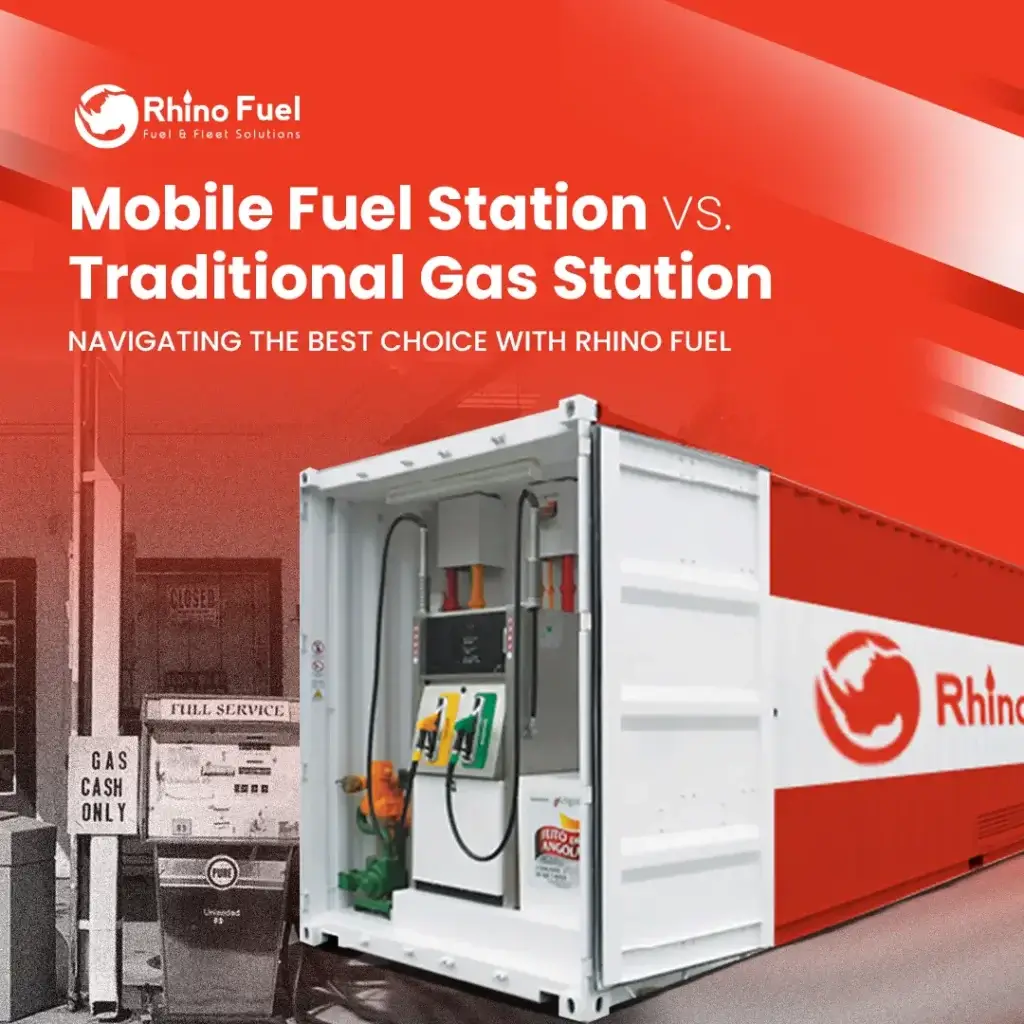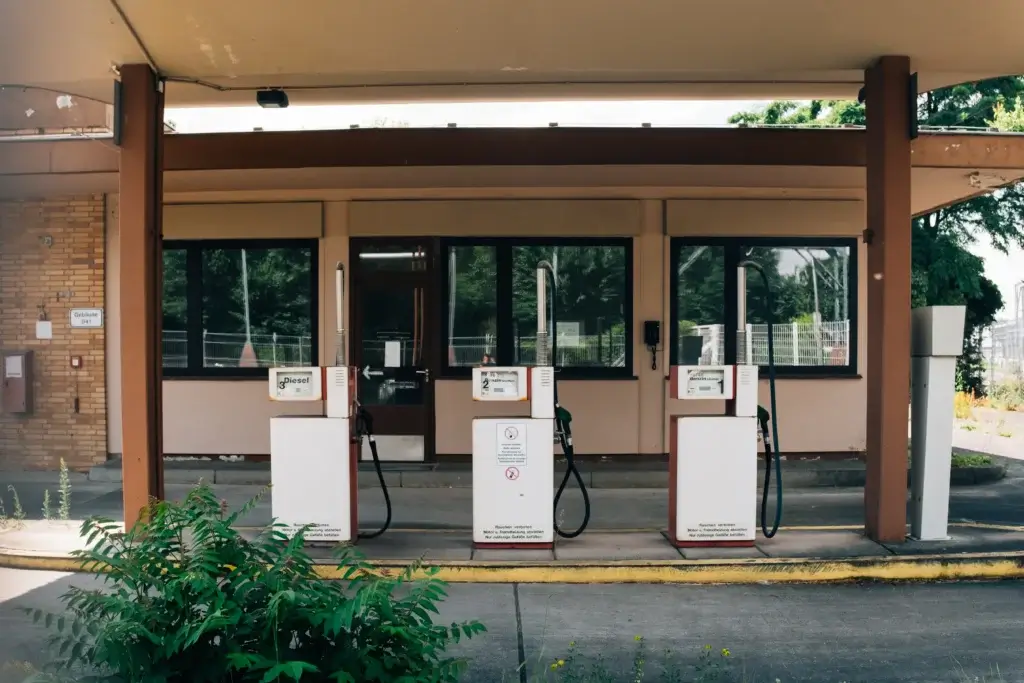Maximizing Efficiency: The Role of Fuel Management Systems in Construction

Efficient fuel management is pivotal in the construction industry, where every minute of downtime can translate to significant financial loss. At Rhino Fuel, we understand the critical role that fuel plays in keeping your construction projects moving. Our diesel delivery services are designed to pair seamlessly with advanced fuel management systems, ensuring that your operations are as efficient and cost-effective as possible. In this article, we will explore how integrating these systems can transform the way you manage fuel and maintain productivity on your construction sites.
The Importance of Fuel Management Systems
Fuel management systems (FMS) are sophisticated technologies that track, monitor, and manage the fuel consumption of each piece of equipment on a site. These systems are crucial for several reasons:
1. Cost Control:
By monitoring fuel usage accurately, FMS help in identifying inefficiencies and over-consumptions, allowing for better budget management and cost reductions.
2. Theft Prevention:
Fuel theft can be a significant issue on construction sites. FMS provide detailed tracking and reporting of fuel usage, which helps in detecting and preventing unauthorized withdrawals.
3. Operational Efficiency:
With real-time data on fuel levels and consumption rates, managers can make informed decisions about refueling schedules, equipment maintenance, and even job allocation.
4. Environmental Responsibility:
Tracking and optimizing fuel usage also means reducing the environmental footprint of construction activities, aligning with both regulatory and corporate sustainability goals.
Integrating Fuel Management Systems with Rhino Fuel’s Delivery Services
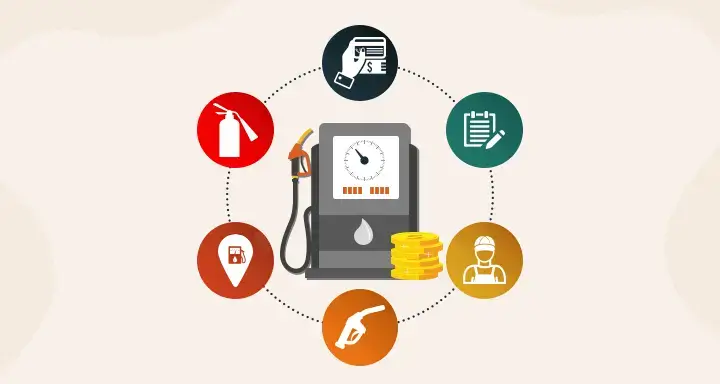
At Rhino Fuel, we believe that the integration of fuel management systems with our diesel delivery services creates a synergy that maximizes site efficiency. Here’s how we make this integration seamless and productive:
1. Customized Delivery Schedules:
Based on the data provided by the FMS, Rhino Fuel can tailor delivery schedules that align perfectly with your usage patterns. This ensures that you have the right amount of fuel at the right time, avoiding both shortages and excesses.
2. Optimized Fuel Usage:
The insights gained from the FMS allow us to understand your specific needs. Whether it’s dyed diesel for non-road machinery or regular diesel for on-road vehicles, we ensure that the right type of fuel is delivered to maximize efficiency and comply with legal requirements.
3. Automated Ordering Processes:
Integration can go as far as automating the ordering process. When the system detects that fuel levels are low, it can automatically place an order with Rhino Fuel, ensuring continuous supply without manual intervention.
4. Comprehensive Reporting:
Rhino Fuel complements the data from your FMS with detailed delivery reports, providing a comprehensive overview of your fuel management. This documentation is crucial for auditing, planning, and meeting environmental standards.
Benefits of Professional Fuel Management in Construction

Employing a professional fuel management strategy with an integrated FMS offers several tangible benefits:
- Reduced Downtime: Efficient scheduling and automated processes minimize the risk of running out of fuel, thus reducing downtime and boosting productivity.
- Enhanced Project Management: With better fuel usage data, project managers can optimize the allocation of resources, improve scheduling, and enhance overall project efficiency.
- Cost Savings: Precise tracking and management of fuel consumption lead to significant cost savings by curbing wasteful practices and preventing theft.
- Regulatory Compliance: Keeping up with environmental regulations is simpler with an FMS, as it ensures that fuel usage is within the permitted limits and reported accurately.
Conclusion
Fuel management systems are transforming the landscape of construction by enhancing efficiency, reducing costs, and promoting sustainability. When combined with Rhino Fuel’s expert diesel delivery services, these systems provide a comprehensive solution that ensures your construction projects run smoothly and economically. Embrace the future of construction with Rhino Fuel and our integrated fuel management solutions—where technology meets tradition to fuel your success on every project.

